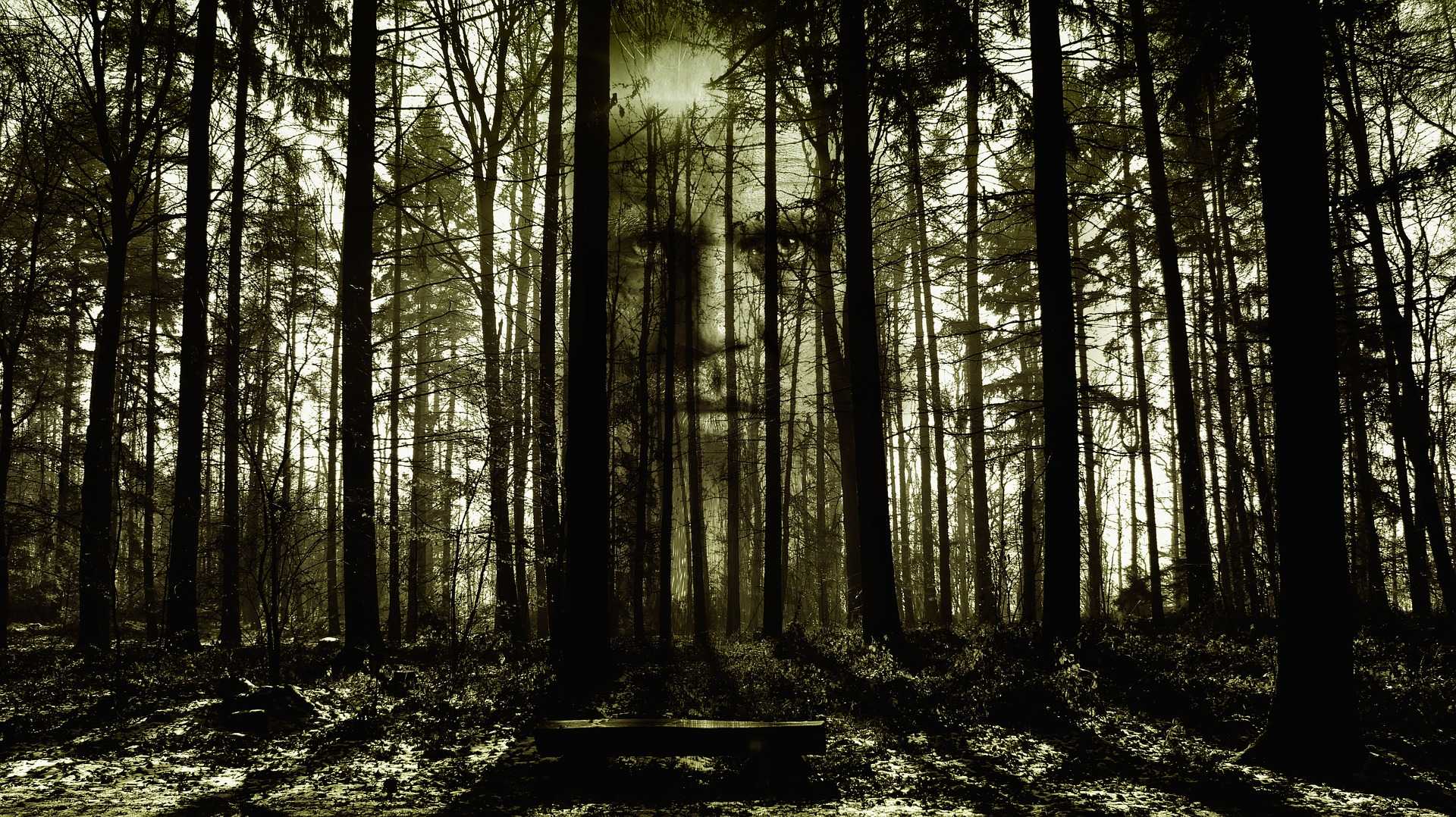
| activity time | nocturnal |
|---|---|
| appearance | blue eyesclaws (rarely)gray-hairedhigh (2-7 meters, «high as a fir»)hooves (rarely)long beardlong hairone leg (rarely)shaggy (body covered with black or white hair)toad eyes (toad-like eyes)toothlesswhite beard |
| character | cheerful (often dances, sings, plays the flute)merry |
| clothes | nakedwhite |
| habitat | forest (lives only in forests as outside of them "the air is not sweet for him») |
| number | unique (according to different sources there is only one, seven (7 brothers) or several (3-4) individuals) |
| origin | Ukraine |
| shapeshifting | whirlwindwindwolf |
| taxonomy | deityspirittutelar |
| voice | lisping (because has no teeth)loud (when angry)thundering (when angry) |
| related creatures | mavka |
Description
Forest tutelary deity from the folklore of the Ukrainian Carpathians (mountains located on the West of Ukraine), unknown in any other folklore. They are most commonly found in the folklore of Hutsulshchyna.
Data about chuhajster is contradictive. Reports about chuhajster are somewhat similar to the reports about a bigfoot or saskwatch from the other parts of the world.
Skills, habits, functions
- Prevents growth of the population of forest spirits-pests (by hunting them).
- According to one tale, can tear off his own leg and cut wood with it.
- Runs very fast, even when moving on one leg
- Can create hail: freezes a lake, grind the ice into pieces, lift them in the sky and forwards wherever he wants.
- Can control animals: a wolf and a fox brought him water; a bear attacked a human by his order.
- Невразливий: neither human nor animal can harm him
- According to some beliefs chuhajster has his own household or farm
- Smokes tobacco, can ask passers-by to share their tobacco.
- According to one of the versions, chuhajster appeared when a man was cursed by a wizard or the god.
- Helps people lost in woods.
- Greets people he meets, asks them not to be afraid.
- Likes to warm, chatter and smoke tabacco at the human camp fire in the forest.
- Is afraid of an axe.
- Teaches craft. Translation of notes by Ukrainian entographer Stepan Pushyk:
When some craftsman had not succeeded in some work, then Chuhajster tought how to do it. Chuhajster had given people every talent! [Original] Коли якомусь майстрові не вдалася робота, то Чугайстер поучував, як треба зробити. Чугайстер усякий дар людям дав!
Feeding and hunting
Hunts forest spirits (mavkas, povitrulas, forest nymphs, forest witches, forest devils, etc) and eats them. Consumes them raw or fried: piles already killed creature onto a stick and fries on a fire.
Chuhajster knows paths of forest spirits and waits in ambush, hiding in leaves. He catches his prey as soon as it passes by.
He kills by tearing the victim into two parts: steps on one victim's leg and pulls the other one.
According to some beliefs a strong wind follows chuhajster when he is after his prey. Chuhajster becomes angry if his victim tries to run and hinde. His loud voice sounds like a thunder or windstorm in the trees.
While looking for a hiding place mavkas can run inside shepherd huts, and even ask people to hide them from their pursuer. To get close to povitrulas chuhajster can turn into a wolf, since povitrulas are not fraid of wolves.
Sleep
Sleeps curled up in a dense thichet, in dry leaves and branches. Also can sleep, curled into a circle around the fire or a кострища left by people.
How to know that a chuhajster is nearby
- strong wind
- strong rain
- thunder
- hail
- unusual (unnormal?) movement of the Moon in the sky
Classification
Etymology
The origin of the word «chuhajster» is not exactly known. Scientists suggest foreign origin.
Ukrainian linguist Bronislaw Kobylanskii suggested that both the character and its name originated from the South-Western dialects of Ukrainian language when hermits from Moldavian and Bukovinian monsteries appeared in Carpathian forests in XVII—XVIII centuries.
The word part «chuha-» can originate from the Proto-Slavic «čuga» («watch», «sentry»):
- «chuha» («чу́га») - a cossac guard tower or pole wrapped in straw that is set on fire to warn about the approaching enemies
- «chuha» («чу́га»), «chuhanja» («чуганя»), «hunja» («гуня») - traditional ethnic woolen otwear of Gutsuls
- «chuhylo» («чугило») - a hole made in stone by running water
- «chuha» («чу́га») - scarecrow (in the dialect spoken in Negostyna village)
Значення «-(a)jster» is not clear. Might be related to the dialect name for a stork «hajster» («гайстер»).
The names like «grandfather», «forest man» are most likely related to the tabooing of the demon names.
Some authors write the name Chuhaister from the capital letter considering it a personal name.
Anthropology
Relationships with humans
Lumberjacks believed that during winter chuhajster can climb into a flue of a hut to warm up and sing in there.
According to some beliefs chuhajster is safe and friendly to people and even symphatises them. Others mention that he does not like and even despises people. Except the ones who spend a lot of time in the forests and know "forest manners".
Sources
In Ukrainian:
- Гнатюк Володимир. Знадоби до української демонольоґії. Том ІІ. Випуск 1 // Етноґрафічний збірник. / Видає Етноґрафічна комісія Наукового товариства імени Шевченка. — Львів, 1912. — Том ХХХІІІ
- Онищук Антін. Матеріяли до гуцульської демонольоґії // Львів, 1909. — Т.11
- Потушняк Федір. Демоны въ народномъ вѣрованіи // Русская Правда. — Ужгород, 1940 — №№ 178—180
- Пушик Степан. Чугайстер: міфічний персонаж народної поезії Карпат // Народна творчість та етнографія. — 1994